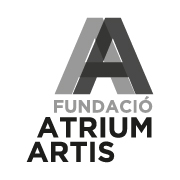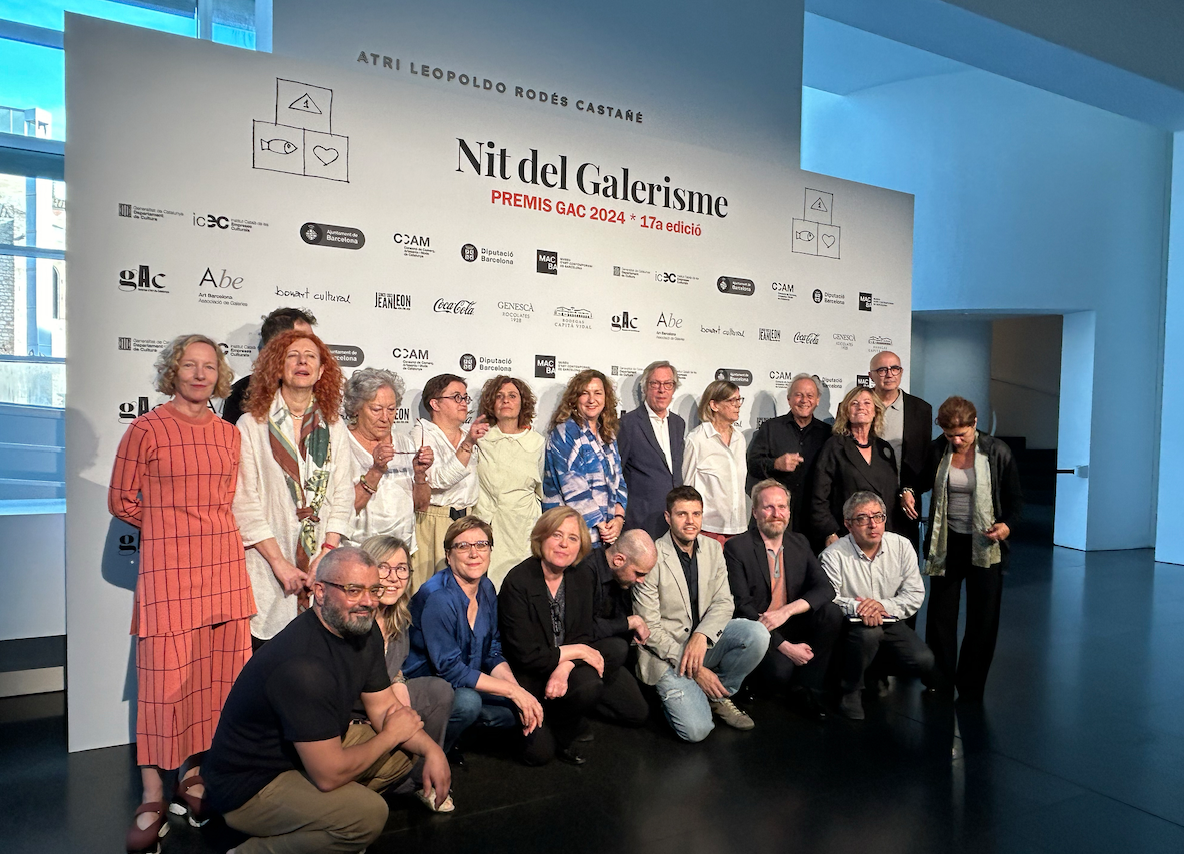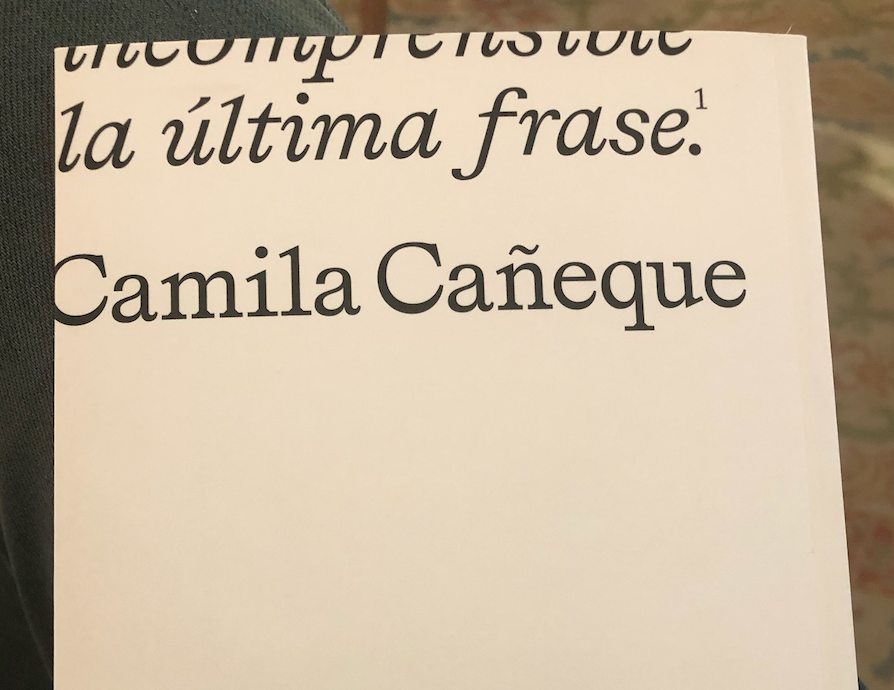News
Rita Segato: "The most important work is the person we are"
The Argentinian anthropologist receives at the Tàpies Foundation the 1st International Prize for Essay Gesture d'Ahir, Pensament d'Avii
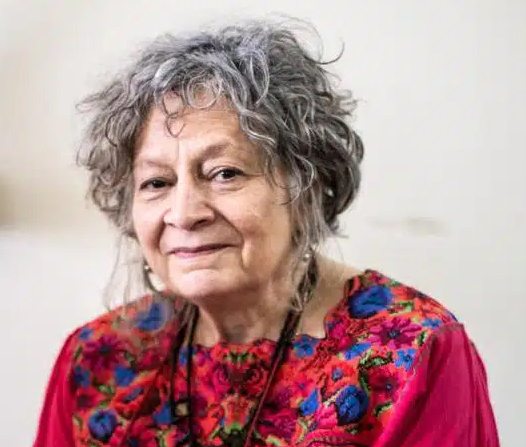
"The most important work is the person we are," said the anthropologist Rita Segato at the Tàpies Foundation, winner of the first edition of the International Essay Prize Gesture d'ahir, pansamento d'aui, convened by the center of art of the Catalan artist. Rita Segato (Buenos Aires, 1951) is recognized for her research on gender violence, human rights and power structures in society. This prize not only celebrates the legacy of Antoni Tàpies, but also promotes critical and contemporary research, offering a platform for new looks at the past to better understand the present. The award has an endowment of 10,000 euros and includes a three-week residency at the Foundation.
Imma Prieto, director of the Antoni Tàpies Foundation, has explained that this award is "a tribute to the past, but also a challenge to unfold and recover the footprint of the past with the perspective of the present". Prieto has stressed the importance of doing a critical exercise on the works of Tàpies and opening us to new views from his artistic universe.
Segato has highlighted his growing connection "with the neurons of Tàpies" and his desire to do a rebellious essay on the Catalan artist and his works. The author of La guerra contra las mujeres has addressed issues such as the existence of two ethics: that of dissatisfaction, which is that of those who believe that the world can be better and that some evils should not exist, and that of conformity, which is that of those who feel that they have come into the world to reproduce what they have received, and even to enlarge their defects. According to her, conformity is reflected in those who, for example, describe the conflict in Gaza as a war rather than a genocide. And he has linked the dissatisfied and critical field with Tàpies. He remarked that these ethics are found in all cultures of the world, even within families.
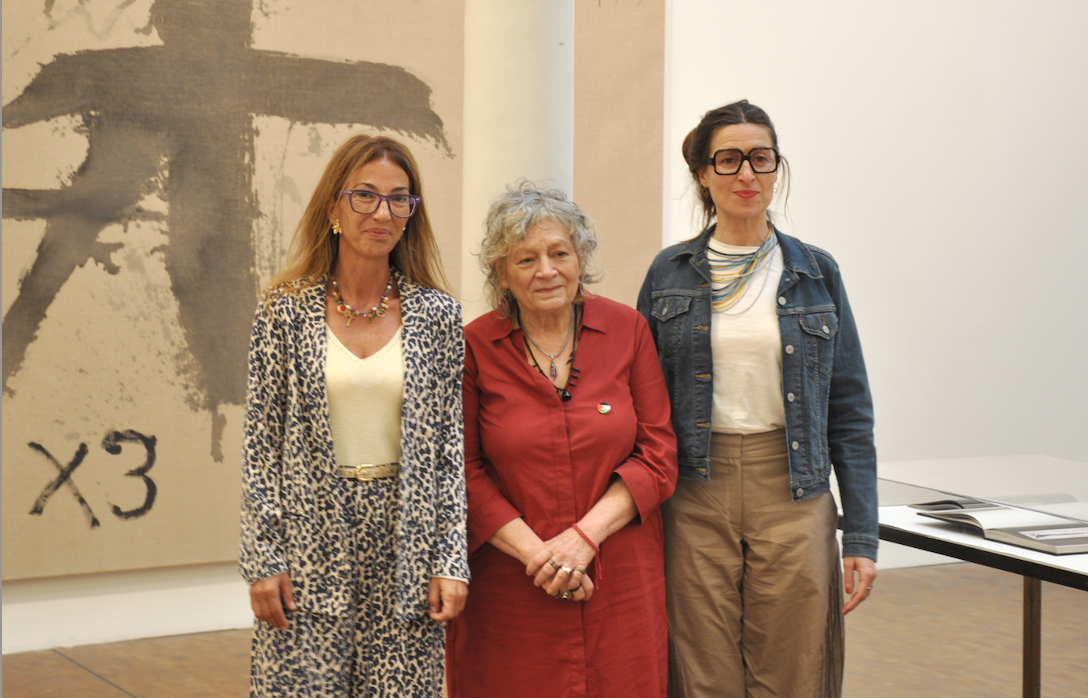 Eva March, Rita Segato i Imma Prieto, durant la roda de premsa per anunciar el Premi Internacional d'Assaig Gest d'Ahir
Eva March, Rita Segato i Imma Prieto, durant la roda de premsa per anunciar el Premi Internacional d'Assaig Gest d'Ahir
The anthropologist describes Tàpies as a disobedient artist, who challenges beauty, his audience and himself. He sees him as an emotional, impatient and even violent artist, emphasizing that the theme of power is a preserved element in his works. He spoke about the mandate of masculinity, explaining that men think they have to dominate and, if it is shown that they don't, they resort to violence.
When asked if she can relate her concept of the mandate of masculinity to the works of Tàpies, which she describes as violent, Segato replies that she would like to inquire about the artist's relationship with his wife, Teresa Barba , but that he does not see any relationship. The anthropologist confessed that, before accepting the award, she had asked herself if Tàpies' relationship with Teresa Barba was similar to that of Picasso and women. "The most important work is the person we are," says Rita Segato. When asked about the intersection between art and feminism, Segato stated that it is not women's art, but universal art. He mentioned one of his first books, "La razón y sus otros", where he delved into this topic.
Rita Segato, has been selected among the four finalist candidates proposed by the award's advisory committee, made up of theorists and thinkers such as Manuel Borja-Villel, Pilar Cortada, Eva March, Carmen Pardo, Josep Ramoneda, Alicia Rodés, Valentín Roma and Imma herself I pray The Foundation intends to inaugurate in the future a publishing house with the works of the prize winners.
The director of Pompeu Fabra University, Eva March, spoke about the collaboration with the foundation, formalized on December 11, with the creation of a Tàpies chair. The aim of this collaboration is for universities to not only be academic centres, but to open up to the world of culture, museums and other areas.
Rita Segato spoke on May 26 (Fabra and Coats) about feminism against punitiveness at the Literal Fair, where activists such as Angela Davis and Vandana Shiva participated, and on May 29 she will speak at the Social Hub (Girona 34) about contributions from feminism to global challenges for peace.


